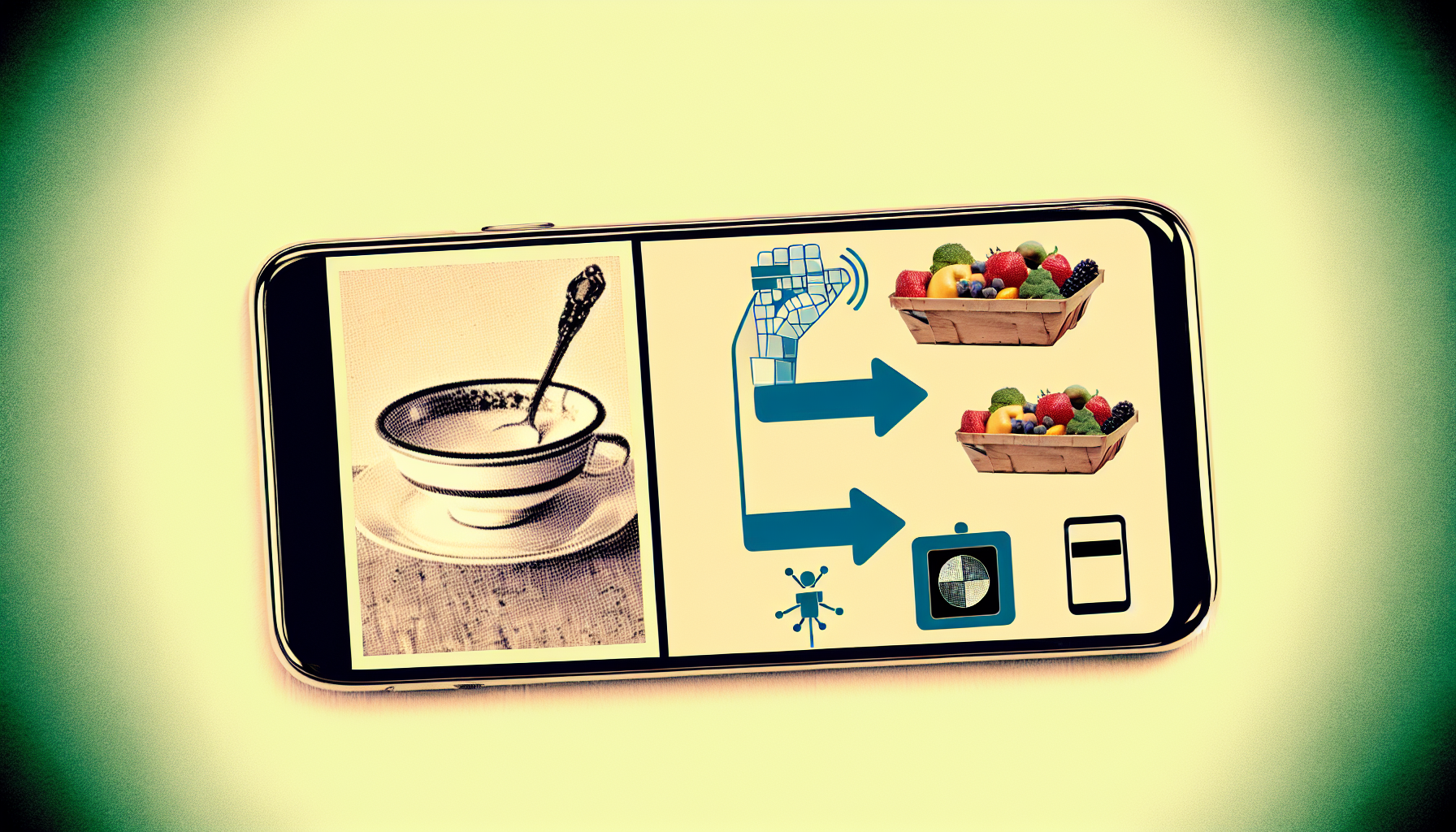Imagine, if you will, a future where your smartphone doesn’t just anticipate your need to order takeout after a busy day, but nudges you toward healthier options because it has learned that your cholesterol is a bit high. It sounds like a scene straight out of a science fiction novel, doesn’t it? But then, this scenario leads us to a rather hefty question: In a world increasingly guided by artificial intelligence, do we possess any real semblance of free will, or are we merely cogs in a grand digital machine?
The Age of Determinism in a Digital World
Free will versus determinism has long been a topic of lively debate among philosophers, couch potatoes, and everyone in between. At stake is whether people are authors of their own actions or merely players executing a preordained script. With AI in the picture, the waters become even muddier. Our actions, after all, are increasingly influenced by algorithms predicting our needs before we even identify them ourselves.
One angle is to view AI as just another force in a determined universe, like gravity or taxes. Just as these forces influence our choices within certain constraints, so does AI. Yet, free will isn’t necessarily about making decisions free from influence. It’s more about whether these influences negate our autonomy entirely. Spoiler alert: the grapevine’s jury is still deliberating.
The Illusion of Choice
Consider the search engine—our trusty oracle in the ether. When you query, “best dinner recipes,” the results are not delivered by a kindly chef whispering dish ideas into your ear. Instead, complex algorithms tuned to your past preferences, location, and even mood, dictate these suggestions. Have you noticed how often you pick the first link? Turns out, many of us share this habit, a psychological quirk perhaps born in a world where first is synonymous with best.
In this instance, AI presents us options, yet in a manner refined by what it predicts we’ll likely choose. This seems an intricate dance between determinism and choice—a tango where one leads while the other believes it’s steering. However, indulging the illusion doesn’t inherently strip us of freedom. In some cases, surrendering to expertly curated options can enhance the quality of our choices. Or so we are led to believe.
Peering into the Black Box
To understand the impact of AI on free will, it helps to scrutinize its mechanics. Many AI systems are described as “black boxes,” enigmatic devices where magic happens—much like the average toddler’s mind. You provide input, it processes, then outputs a result without revealing much about its inner workings.
While these systems can offer nuanced insights into human behavior, they do so based on patterns they’ve identified. As they grow more autonomous, questions arise about accountability and control. Sure, you’re free to decide, but when AI steers its way through relentless data points to influence every nudge and suggestion, the margins of our free choice may quietly diminish.
Cognitive Enhancements or Constraints?
AI can serve as a cognitive enhancement, extending our intellectual prowess. Imagine having the knowledge of the Library of Alexandria at your digital fingertips, albeit minus the fire risk. This newfound augmentation, however, is a double-edged sword. While it offers powerful assistance and insights, it also raises existential questions: Are we allowing autonomy to slip through our fingers when we rely too heavily on such technological crutches?
Critics argue that as AI systems become more pervasive, we relinquish elements of our decision-making to machine suggestions. If AI consistently nudges you towards particular books, music, or even political choices, isn’t there a whisper of determinism lurking amid aspirations of global connectivity? Alternatively, can we navigate this labyrinth with conscious awareness, using AI as a tool to heighten, rather than overshadow, our agency?
The Future is Flavored by Choice
We often sit at a shared intersection—between creativity and submission, curiosity and convenience, free will and predestination. Ultimately, AI should serve as an extension of our curiosities rather than a masked Puppeteer. Retaining autonomy in the digital age hinges not on eliminating AI but on actively engaging with it as informed participants. Knowing when to use it and when to rely on plain old gut instinct, that uncontrollable gurgle inside each of us which, fortunately, no algorithm has fully mapped yet.
In conclusion, AI and the concept of free will are not locked in a fatalistic dance of doom. Instead, they exist as partners on the dance floor—sometimes stepping on one another’s toes, often coordinating seamlessly. Until AI truly arises to question its own existential purpose—“Why am I here recommending cat videos to humans?”—we are the guardians of our own fate, tasked with navigating these intricate nuances.
And so, as we stand at the crossroads of free will and digital determinism, let us do what any decent philosopher would—ponder these questions over a cup of tea, ideally recommended by a well-meaning algorithm. Cheers to free will, wherever we may find it!

Leave a Reply